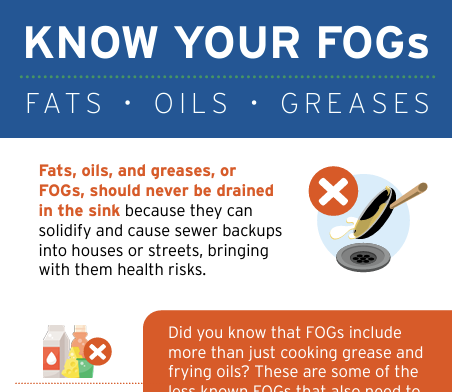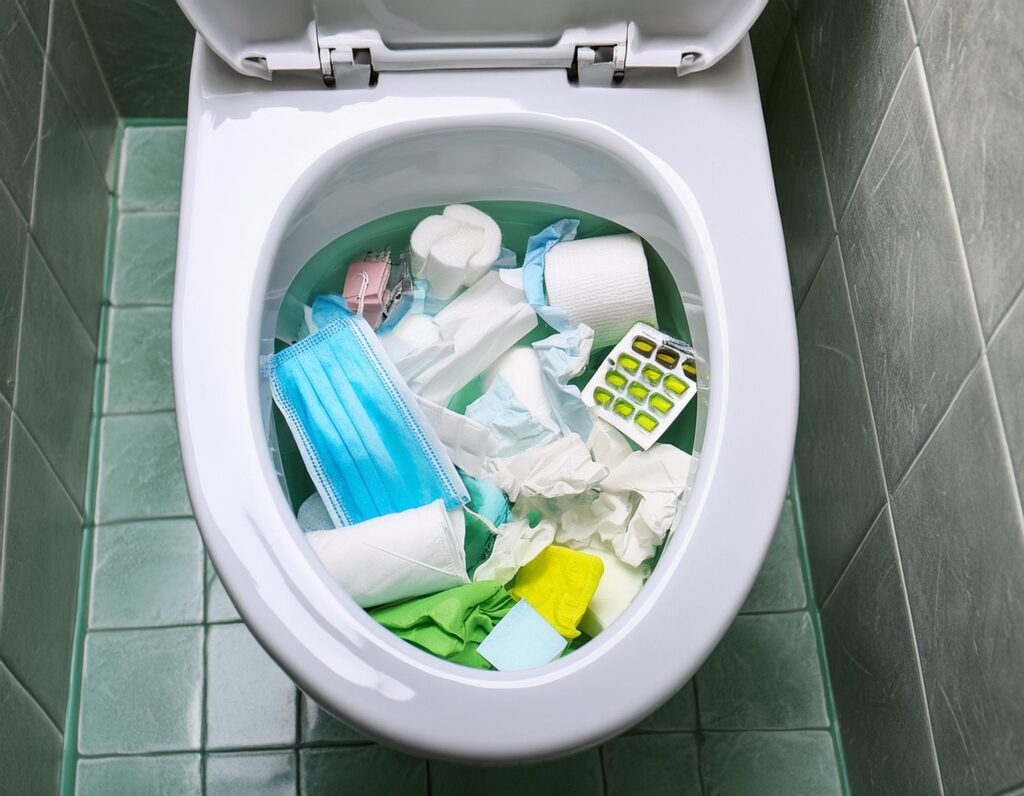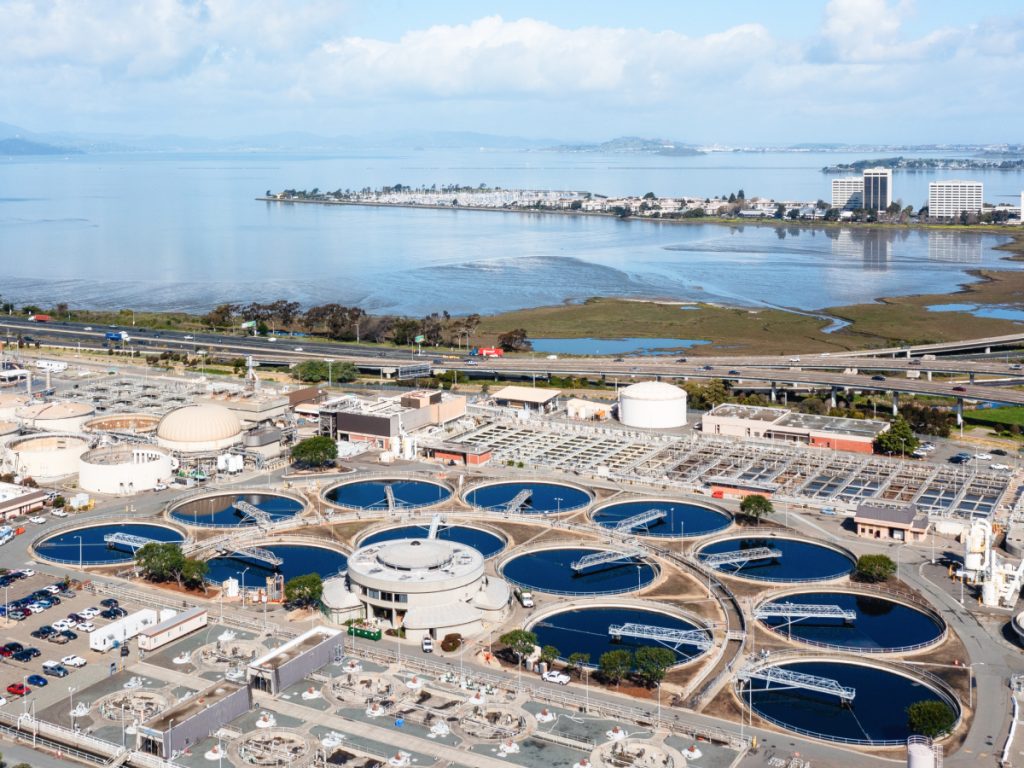Fats, oils, and grease (FOG) from cooking can cause serious problems if poured down the drain, including sewer blockages, overflows, and environmental damage.
Follow These Steps to Keep Your Drains Clear
- Never pour fats, oils, or grease into your sink, even if you have a garbage disposal. This includes. Butter. Cooking oil. Salad dressing. Mayonnaise. Grease. Gravy.
- Pour cooking oil and grease into a sealable container with an absorbent such as paper and discard with your other garbage. For small amounts, wipe it up in a paper towel and put in the compost (or trash if you don’t have compost) before you wash your pan.
- Recycle large amounts of grease or cooking oil (including from deep fryers) at Bay Area grease recycling locations.
- Use food strainers in kitchen sinks to catch food particles and scrape leftover food waste into the garbage or compost container instead of the garbage disposal.
- Sewer backups require fast attention due to potential exposure to harmful bacteria. To report sewer problems in your neighborhood, call your local non-emergency police department hotline or your City’s Public Works Department.
Where are fats, oils and grease found?
These include animal and vegetable oils/fats that are used for cooking food. Some examples are cooking oil, butter, lard, shortening, margarine, gravy, sauces, meats, sour cream, and mayonnaise. While these give our food delicious flavor and texture, they can also cause havoc if not properly disposed of.
Why are fats, oils and grease a problem?
Fats, oils and grease may appear as a liquid when cooking, but when they are poured into sinks, they cool down, harden and stick to the walls of our pipes. Overtime, they can become so hard and sticky that they reduce pipe capacity and cleaning pipes becomes extremely difficult, or worse, leads to backups and spills. These spills can damage homes and businesses, cause traffic issues, and even flood areas. The cleanup costs can be significant, averaging around $3,000 but potentially exceeding $10,000 depending on the extent of the damage.






